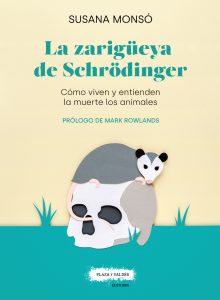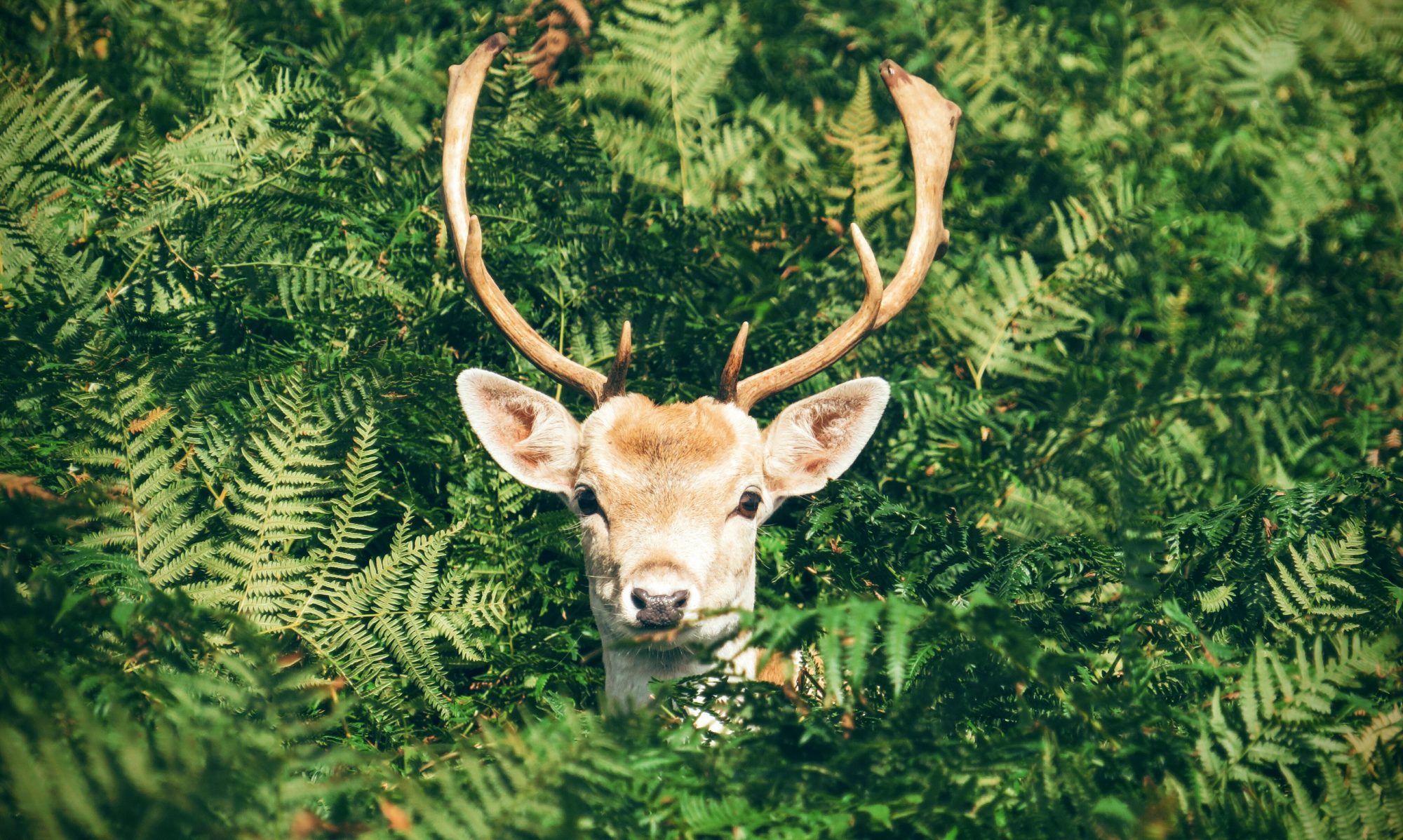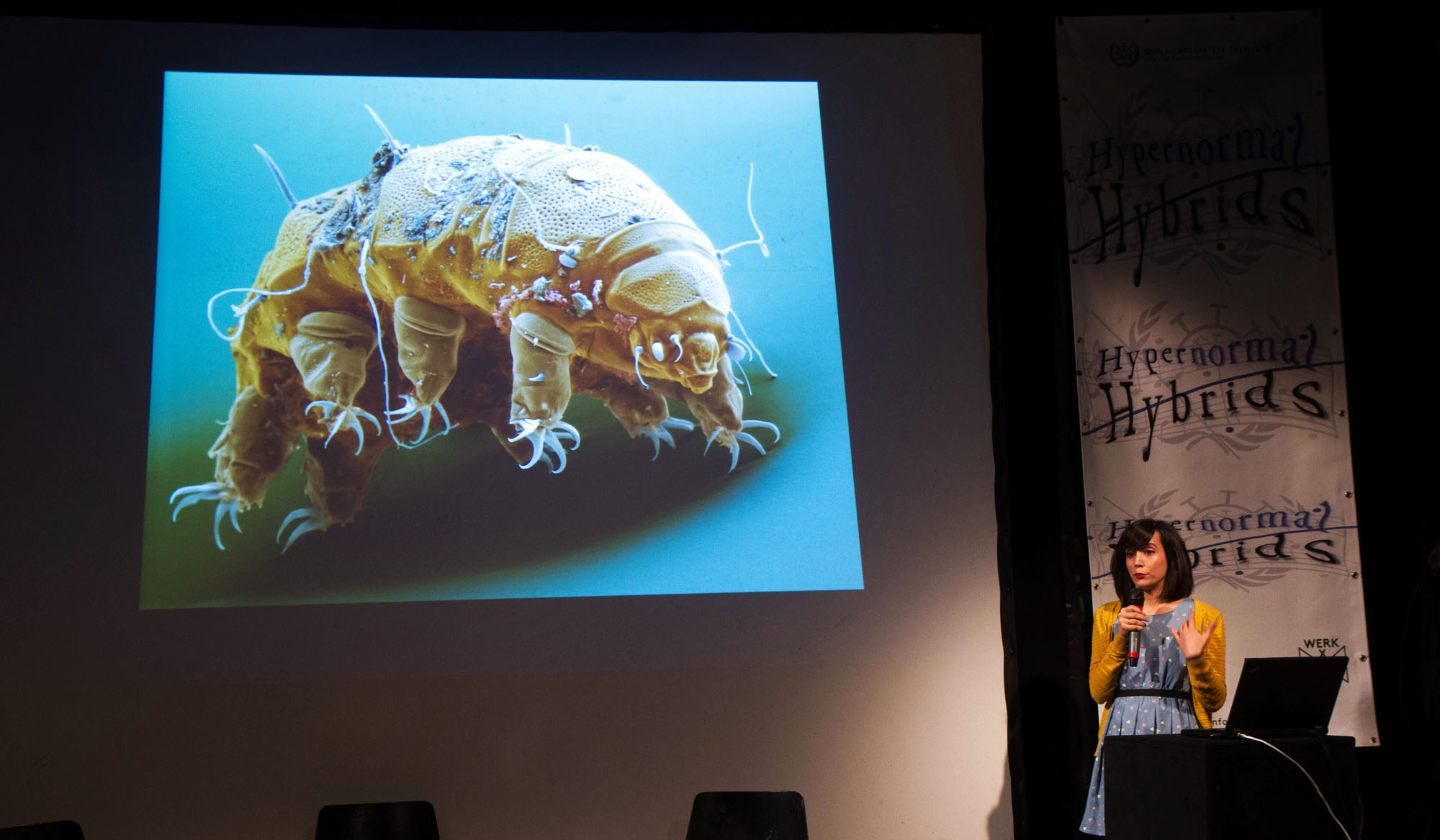Books:
Monsó, S. (forthcoming 2024): Playing Possum: How Animals Understand Death (updated and revised translation). Princeton University Press.
Monsó, S. (2021): La zarigüeya de Schrödinger: Cómo viven y entienden la muerte los animales. Plaza y Valdés.

Articles:
Melis, G. & Monsó, S. (2023): ‘Are humans the only rational animals?’ The Philosophical Quarterly. DOI: 10.1093/pq/pqad090.
Monsó, S. (2022): ‘How to tell if animals can understand death.’ Erkenntnis, 87, 117–136.
Kuylen, M., Han, S., Harris, L., Huys, Q., Monsó, S., Pitman, A., Fleming, S., & David, A. (2022) ‘Mortality Awareness: New Directions’, OMEGA – Journal of Death and Dying. DOI: 10.1177/00302228221100640.
Andrews, K. & Monsó, S. (2021): Revised edition of the ‘Animal cognition’ entry. Stanford Encyclopedia of Philosophy.
Monsó, S. & Osuna-Mascaró, A.J. (2021): ‘Death is common, so is understanding it: The concept of death in other species.’ Synthese, 199 (1), 2251–2275.
Monsó, S. & Wrage, B. (2021): ‘Tactful animals: How the study of touch can inform the animal morality debate.’ Philosophical Psychology, 34 (1), 1–27.
Benz-Schwarzburg, J., Monsó, S., & Huber, L. (2020): ‘How dogs perceive humans and how humans should treat their pet dogs: Linking cognition with ethics.’ Frontiers in Psychology, 11, 584037.
Pali-Schöll, I., Binder, R., Moens, Y., Polesny, F., & Monsó, S. (2019): ‘Edible insects – defining knowledge gaps in biological and ethical considerations of entomophagy.’ Critical Reviews in Food Science and Nutrition, 59 (17), 2760-2771.
Monsó, S., Benz-Schwarzburg, J., & Bremhorst, A. (2018): ‘Animal morality: What it means and why it matters.’ The Journal of Ethics, 22 (3–4), 283–310.
Monsó, S. (2017): ‘Morality without mindreading.’ Mind & Language, 32 (3), 338–57.
Monsó, S. (2015): ‘Empathy and morality in behaviour readers.’ Biology & Philosophy, 30 (5), 671-690.
Book chapters:
Monsó, S. & Hintze, S. (2023): ‘For their own good? The unseen harms of disenhancing farmed animals’ in Abbate, C. E. & Bobier, C. (eds.): New Omnivorism and Strict Veganism: Critical Perspectives. Routledge.
Monsó, S. & Andrews, K. (2022): ‘‘Animal moral psychologies’ in Vargas, M. & Doris, J. (eds.): The Oxford Handbook of Moral Psychology, pp. 388–420. New York: Oxford University Press.
Monsó, S., Aigner, A., & Grimm, H. (2021): ‘Die traditionelle Tierethik und ihre Kritik: Der moralische Individualismus und die Grenzen und Vorzüge der Wittgenstein’schen Alternative’ in Lintner, M. (ed.): Mensch – Tier – Gott. Interdisziplinäre Annäherungen an eine christliche Tierethik, pp: 59-84. Nomos.
Rowlands, M. & Monsó, S. (2017): ‘Animals as reflexive thinkers: the aponoian paradigm’ in Kalof, L. (ed.): The Oxford Handbook of Animal Studies, pp: 319-343. New York: Oxford University Press.
Commentaries:
Monsó, S. & Moore, R. (2023): ‘Normative expectations in human and nonhuman animals.’ Perspectives on Psychological Science. DOI: 10.1177/17456916231187401
Monsó, S. & Osuna-Mascaró, A.J. (2020): ‘Problems with basing insect ethics on individuals’ welfare.’ Animal Sentience, 29 (8).
Monsó, S. (2019): ‘Humans are superior — by human standards.’ Animal Sentience, 23 (17).
Monsó, S. (2016): ‘The moral dimension of pre-reflective self-awareness.’ Animal Sentience 2016.121.
Conference proceedings:
Monsó, S. (2021): ‘Treating animals as the sort of thing they are: Commentary on Gary Varner’s Personhood, Ethics, and Animal Cognition’ in Schmidt-Petri, C. & Schefczyk, M. (eds.): Utility, Progress, and Technology, pp. 479–485. Karlsruhe: KIT Scientific.
Monsó, S. (2021): ‘Is predation necessarily amoral?’ in Siegetsleitner, A., Oberprantacher, A., Frick, M.-L. & Metschl, U. (eds.): Crisis and Critique: Philosophical Analysis and Current Events, pp. 367–384. Berlin: De Gruyter.
Benz-Schwarzburg, J., Andrews, K., Botero, M., Monsó, S., & Wrage, B. (2019): ‘Can animals be moral? Assessing conceptual challenges and ethical implications’ in Vinnari, E. & Vinnari, M. (eds.): Sustainable Governance and Management of Food Systems: Ethical Perspectives. Wageningen: Wageningen Academic Publishers.
Monsó, S. (2018): ‘Why insect sentience might not matter very much’ in Springer, S. & Grimm, H. (eds.): Professionals in Food Chains: Ethics, Roles and Responsibilities, pp: 375–380. Wageningen: Wageningen Academic Publishers.
Pali-Schöll, I., Monsó, S., Meinlschmidt, P., Purschke, B., Hofstetter, G., Einhorn, L., Mothes-Luksch, N. Jensen-Jarolim, E., & Jäger, H. (2018): ‘Edible insects in food and feed – far from being well characterized. Step 1: a look at allergenicity and ethical aspects’ in Springer, S. & Grimm, H. (eds.): Professionals in Food Chains: Ethics, Roles and Responsibilities, pp: 520–525. Wageningen: Wageningen Academic Publishers.
Book reviews:
Monsó, S. (2019). Review of Varieties of Empathy: Moral Psychology and Animal Ethics by Elisa Aaltola. IJFAB: International Journal of Feminist Approaches to Bioethics, 12 (2), 185–187.
Monsó, S. (2017). ‘To be rational, or not to be rational—that is the question. Review of Michael Tye’s Tense Bees and Shell-Shocked Crabs: Are Animals Conscious?’ Metascience, 26 (3), 487–491.
Outreach:
Monsó, S. ‘La matanza y la traición’ (2023) foreword for the book Ánima by photojournalist Ruth Montiel Arias.
Monsó, S. Response to the query ‘Do any animals, other than us, have an awareness of their own mortality?’, New Scientist, 12 February 2022.
Monsó, S. ‘¿Qué piensan los animales de la muerte?: por qué el duelo no es exclusivo de los seres humanos’, El Español, 15/9/2021.
Monsó, S. ‘What animals think of death’, Aeon, September 14, 2021.
Osuna-Mascaró, A.J., & Monsó, S. ‘Los animales entienden la muerte más de lo que se pensaba’, The Conversation, October 12, 2020.
Andrews, K., & Monsó, S. ‘Rats are us’ Aeon, March 2, 2020.
Monsó, S. ‘Tierische Intelligenzen’, Springerin 1/2018, pp. 6–7.
Monsó, S. ‘¿Por qué se ríen los animales?’, El Español, 27/5/2016.
Ongoing projects:
- A paper on the philosophy of comparative cognition, with Kristin Andrews.
- Another paper on the philosophy of comparative cognition, with Richard Moore.
- A paper on the ethical implications of animals’ concept of death, with Eze Paez.
- A paper on the cognitive requirements of a concept of death, with Laura Danón.
- A paper on animal medicine, with Cristian Saborido.



